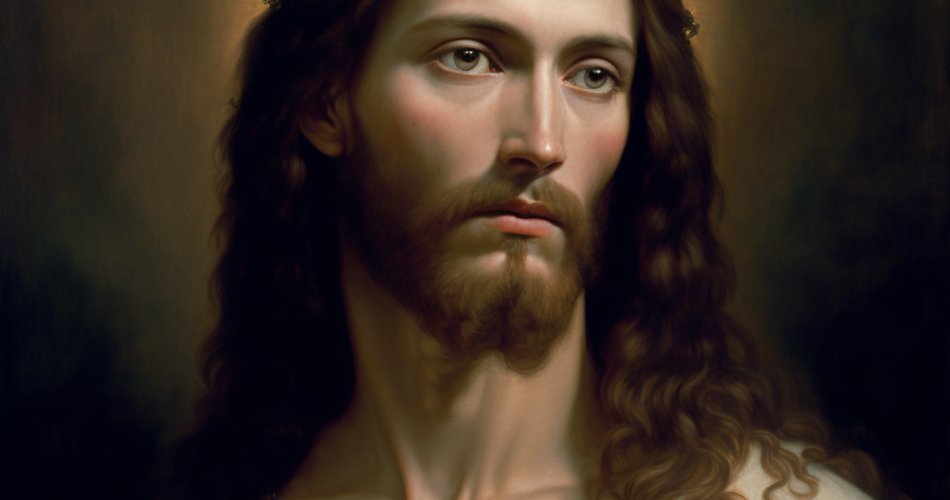Should this be allowed?
The oldest Catholic church in Lucerne, Switzerland, is hosting an innovative art installation called “Deus in Machina,” or “God in the Machine.” This project offers visitors the unique experience of interacting with an artificial intelligence (AI) program designed to emulate the likeness and teachings of Jesus Christ. The installation, created as a collaboration between theologians and computer scientists, has been available at St. Peter’s Chapel since August and will conclude with a public discussion on November 27.
Developed by Philipp Haslbauer, Aljosa Smolic from the Hochschule Luzern, and theologian Marco Schmid, the AI system is trained in New Testament theology and responds to questions in over 100 languages. The hologram-like representation appears on a curved monitor behind a confessional screen, where visitors can share their thoughts privately with the AI. While the program provides biblical insights and spiritual guidance, it is not meant to replace traditional sacraments like confession but rather to spark conversations about technology’s role in religion.
The AI draws from a wide range of theological texts and online sources, offering interpretations rooted in scripture. However, this breadth of material may sometimes result in responses that diverge from Catholic doctrine. Visitors to the installation have reported the AI greeting them with phrases like “Peace be with you” and inviting them to share their concerns, creating an intimate and reflective experience.
This experimental use of AI in a religious context is part of a broader trend of digital spirituality. Similar projects include the “Ask Jesus” livestream on Twitch, where users can engage with an AI trained on biblical teachings, and the “AI Monk” in Thailand, which provides guidance based on Buddhist principles. Researchers in Japan are also working on a Buddhist chatbot capable of quoting scripture. These initiatives demonstrate the growing interest in exploring the intersection of artificial intelligence and faith.
Joseph L. Kimmel, a scholar of early Christianity, has noted that such AI systems evolve by referencing past interactions, making them capable of providing nuanced responses to users’ questions. While these programs aim to facilitate spiritual exploration, they also raise important questions about authenticity, doctrinal accuracy, and the role of AI in religious practices.
